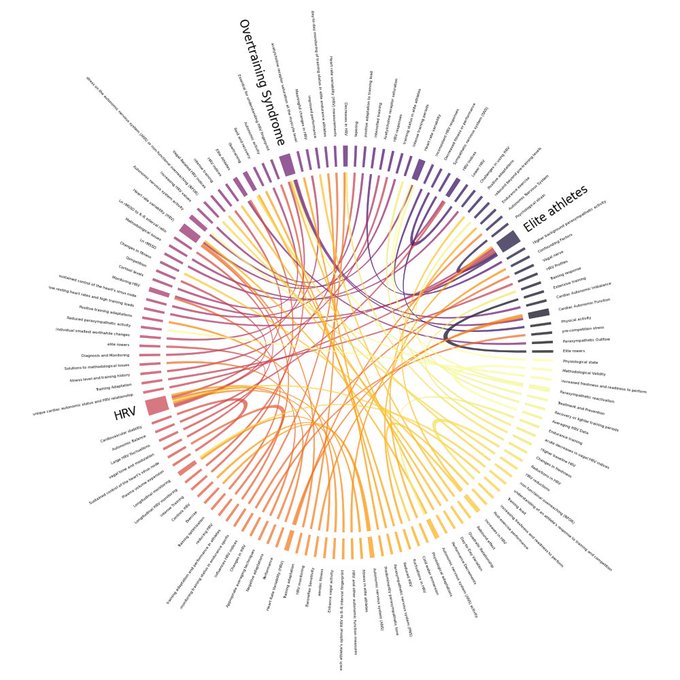AI-Assisted HRV Monitoring: Enhancing Training Load Response and Decision-Making

This work introduces an innovative framework within Sports Science 3.0 for enhancing individualized training optimization through the integration of Artificial Intelligence (AI) with physiological metrics.
The focus is on the practical application and advanced interpretation of Heart Rate Variability (HRV) and Resting Heart Rate (RHR). These non-invasive measures serve as key indicators of an athlete’s autonomic nervous system response to training stimuli and subsequent recovery.
Our methodology leverages Retrieval-Augmented Generation (RAG-AI) models to process and synthesize domain-specific knowledge, enabling a more nuanced understanding and contextualization of individual physiological data, including 60-day reference values and 7-day rolling averages. This approach facilitates dynamic adjustments to training loads, aiming to enhance performance while mitigating the risk of maladaptation or injury.
The presented framework emphasizes the synergistic relationship between AI-driven analytical capabilities and human expertise in exercise physiology and coaching, recognizing the latter’s role in interpreting subjective inputs and navigating complex, ambiguous scenarios.
For a comprehensive review of the methodology and its implications, refer to the full paper.
